Analytical Models of Thermal Stresses in Anisotropic Composite Materials
This book presents analytical models of thermal stresses in two- and three-component composites with anisotropic components. Within the analytical modelling, the two- and three-component composites are replaced by a multi-particle-matrix and multi-particle-envelope-matrix systems, respectively. These model systems consist of anisotropic spherical particles (either without or with an envelope on the particle surface), which are periodically distributed in an anisotropic infinite matrix. The thermal stresses that originate below the relaxation temperature during a cooling process are a consequence of the difference in dimensions of the components. This difference is a consequence of different thermal expansion coefficients and/or a consequence of the phase-transformation induced strain, which is determined for anisotropic crystal lattices. The analytical modelling results from mutually different mathematical procedures, which are applied to fundamental equations of solid continuum mechanics (Hooke’s law for an anisotropic elastic solid continuum, Cauchy’s law, and compatibility and equilibrium equations). The thermal stress-strain state in each anisotropic component of the model systems is determined by several different solutions, which fulfill boundary conditions. Due to these different solutions, a principle of minimal total potential energy of an elastic solid body is then required to be considered. Results of this book are applicable within basic research (solid continuum mechanics, theoretical physics, materials science, etc.) as well as within the practice of engineering.
{{comment.content}}
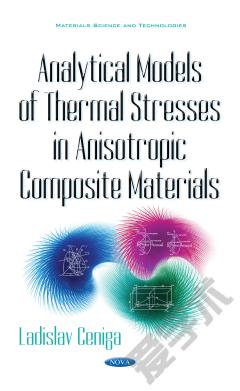

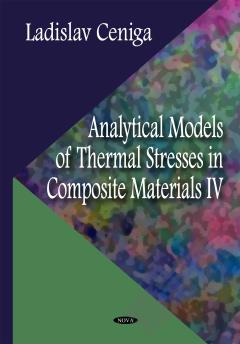
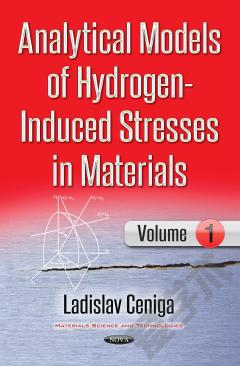

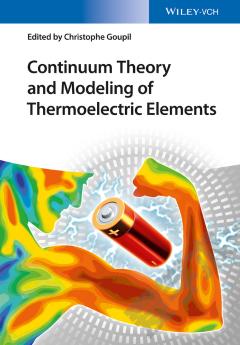
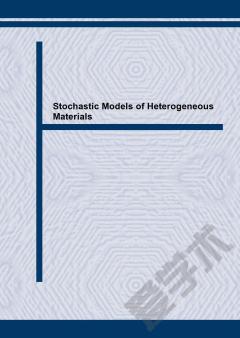

 京公网安备 11010802027623号
京公网安备 11010802027623号